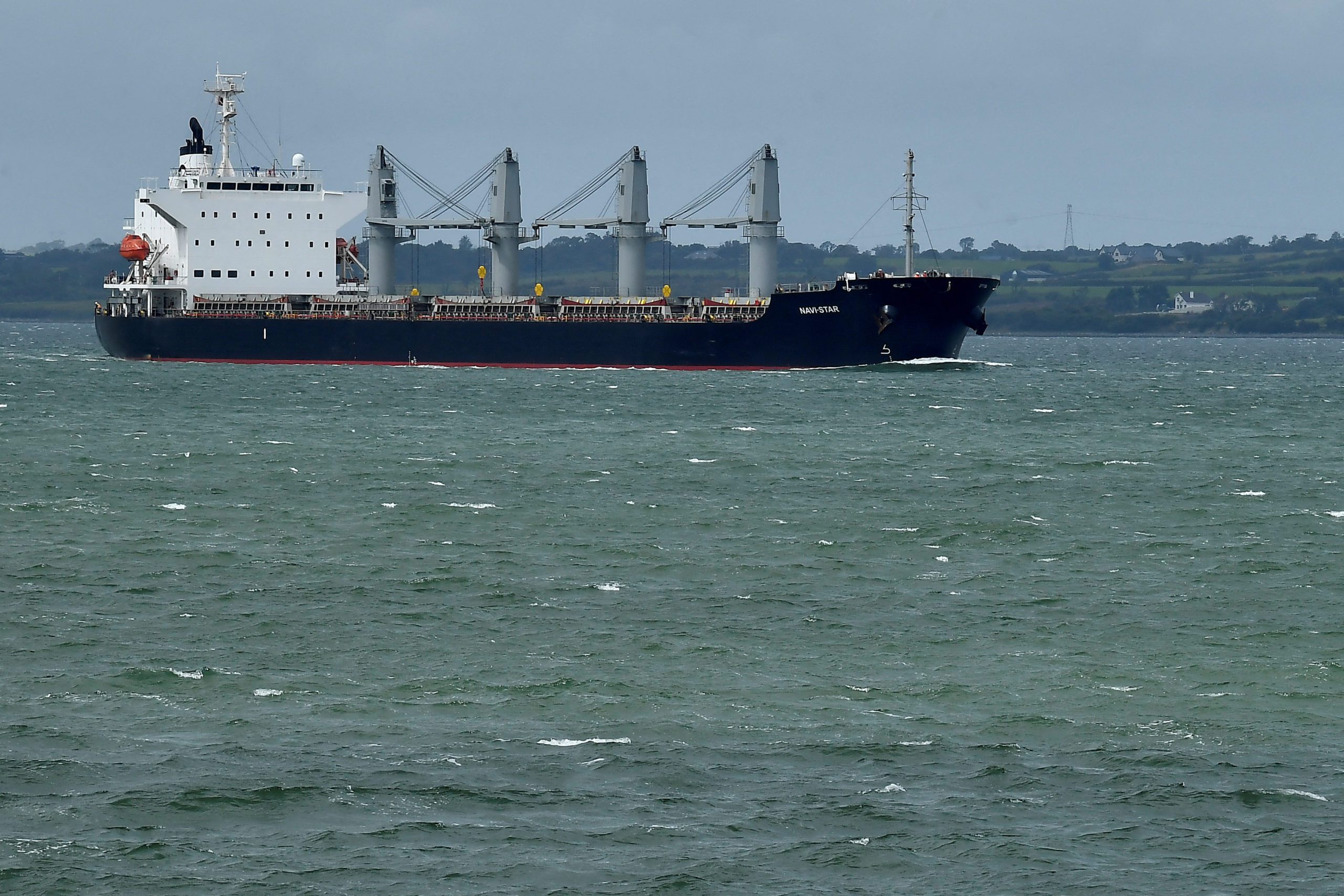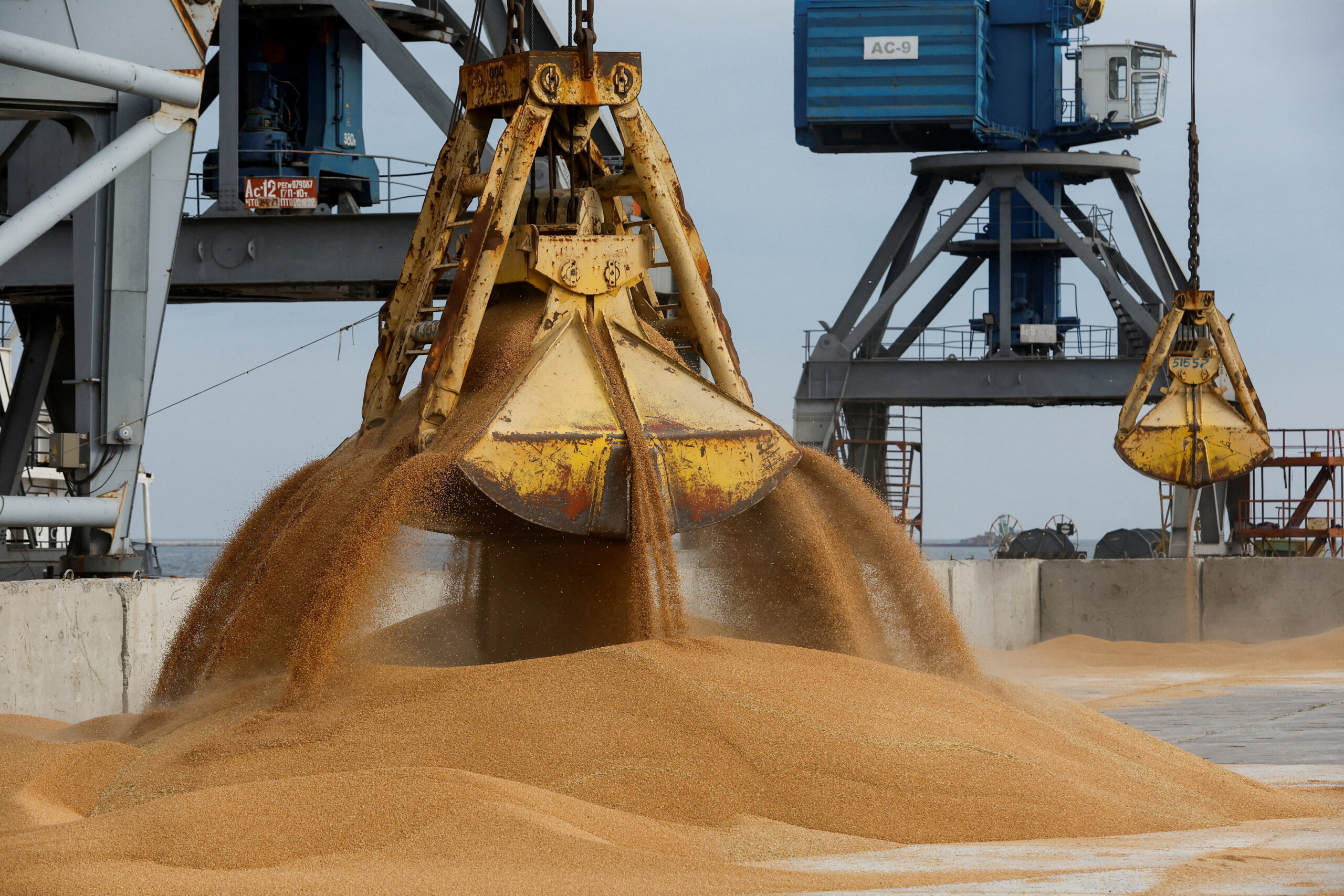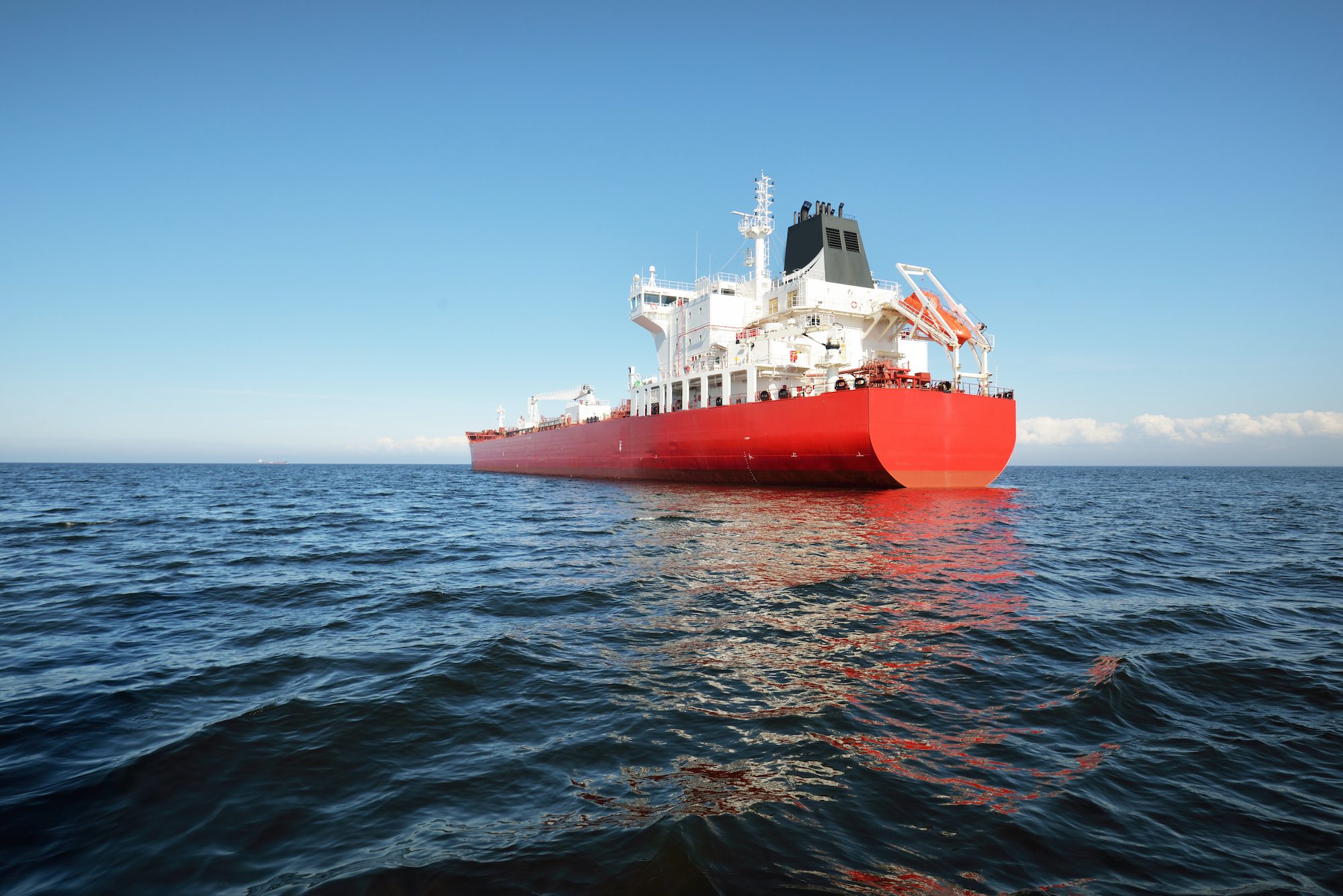By Jonathan Saul
LONDON, July 19 (Reuters) – Ukraine is setting up a temporary shipping route to maintain grain shipments after Russia quit a deal allowing Ukrainian exports via a UN-backed safe corridor in the Black Sea, Kyiv said on Wednesday.
Russia attacked Ukraine’s Black Sea Odesa port for the second consecutive night on Tuesday after quitting the deal on Monday, which included Moscow revoking guarantees for safe navigation.
In an official letter letter dated July 18 submitted to UN shipping agency, the International Maritime Organization (IMO), Ukraine on Wednesday said it had “decided to establish on a temporary basis a recommended maritime route.”
“Its goal is to facilitate the unblocking of international shipping in the north-western part of the Black Sea,” Vasyl Shkurakov, Ukraine’s acting minister for communities, territories and infrastructure development, said in the letter.
Ukraine added in the letter that it would establish shipping traffic routes close to the waters around Chornomorsk, Odesa, Pivdennyi, the three Ukrainian ports that were part of the corridor, leading up to the territorial waters and the exclusive maritime economic zone of Romania.
Ukrainian President Volodymyr Zelenskiy has said the Black Sea grain deal could continue without Russian participation, and Ukraine is working on options to keep its commitments on food supplies.
There are a “number of ideas being floated” to help get Ukrainian and Russian grain and fertilizer to global markets, the United Nations said on Tuesday.
Ukraine added in the letter to the IMO that it had created a “mechanism” to provide “guarantees of compensation for damage” to charterers, ship operators and owners of vessels “caused as a result of the armed aggression of the Russian Federation.”
It said this would be offered while the commercial ships were in Ukraine’s territorial waters or when such vessels were heading to or from the country’s open sea ports for cargo transportation.
Nevertheless, since Russia’s move to exit the deal, insurers have been reviewing their appetite to cover ships into Ukraine.
A cargo insurance facility that provided cover for shipments via the previous corridor deal has been suspended, the policy’s broker Marsh told Reuters on Tuesday.
Norwegian shipping insurance group DNK, which provides war risk policies, told Reuters on Wednesday it was currently unable to provide cover for Ukraine as the grain corridor deal was suspended.
Additional war risk insurance premiums, which are charged when entering the Black Sea area, need to be renewed every seven days.
They already cost thousands of dollars and are expected to go up, while shipowners could prove reluctant to allow their vessels to enter a war zone without Russia’s agreement. There is also the risk of floating mines.
“In this situation, going in now each underwriter will want to take responsibility for their own position, their own rates and their own underwriting,” an insurance industry source said.
“It will come down to if the premium is sufficiently large and the risk is deemed bearable.”
(Reporting by Jonathan Saul; editing by David Evans, William Maclean)
(c) Copyright Thomson Reuters 2023.

 Join The Club
Join The Club












